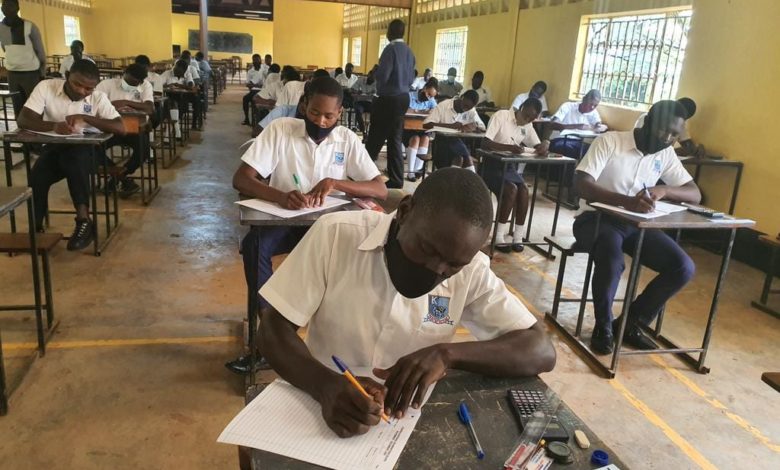Education ministry trains 81,000 teachers to boost new curriculum implementation
The Directorate of Education Standards has supported approximately 500 secondary schools by focusing on the use of instructional materials and modern teaching methods. Additionally, the Uganda National Examinations Board (UNEB) has trained 15 teachers from each school to enhance the assessment process.

The Ministry of Education has made significant progress in training teachers to implement Uganda’s new lower secondary curriculum, with over 41% of targeted educators now trained.
This includes 1,600 master trainers and 81,040 teachers nationwide. The initiative is guided by a Teacher Training Strategy developed by the National Curriculum Development Centre to help teachers effectively interpret and apply the new curriculum.
“The teacher training strategy has been instrumental in equipping teachers with the necessary skills to successfully deliver the curriculum,” noted Dr. Joyce Moriku Kaducu, Minister of State for Primary Education. “We recognize that building teacher capacity is key to the curriculum’s success.”
The Directorate of Education Standards has supported approximately 500 secondary schools by focusing on the use of instructional materials and modern teaching methods. Additionally, the Uganda National Examinations Board (UNEB) has trained 15 teachers from each school to enhance the assessment process.
“Assessment is critical in measuring student learning outcomes,” Dr. Kaducu emphasized. “We’ve trained teachers on school-based assessment, which will contribute 20% to the total learner scores by the end of the education cycle.”
Despite this progress, challenges remain. These include gaps in teacher skills and shortages in instructional materials. The Ministry is addressing these by developing sample schemes of work, lesson plans, and offering continuous teacher training, supplemented by online support.
“We are committed to overcoming these challenges and ensuring our teachers are well-prepared to deliver the new curriculum effectively,” Dr. Kaducu assured.
In addition, the Ministry is aligning the ‘A’ Level curriculum with the new lower secondary program. The first cohort under this alignment is expected to join Senior Five by 2025.
“Aligning the ‘A’ Level curriculum ensures seamless progression and consistency in the education system,” explained Dr. Kaducu.
The Ministry’s efforts underscore its dedication to improving educational outcomes, with the new curriculum designed to equip students with skills relevant to Uganda’s modern workforce.
“The success of this curriculum relies on the collective efforts of teachers, parents, and stakeholders,” Dr. Kaducu concluded. “Together, we can ensure our students receive the quality education needed to meet the challenges of the 21st century.”







